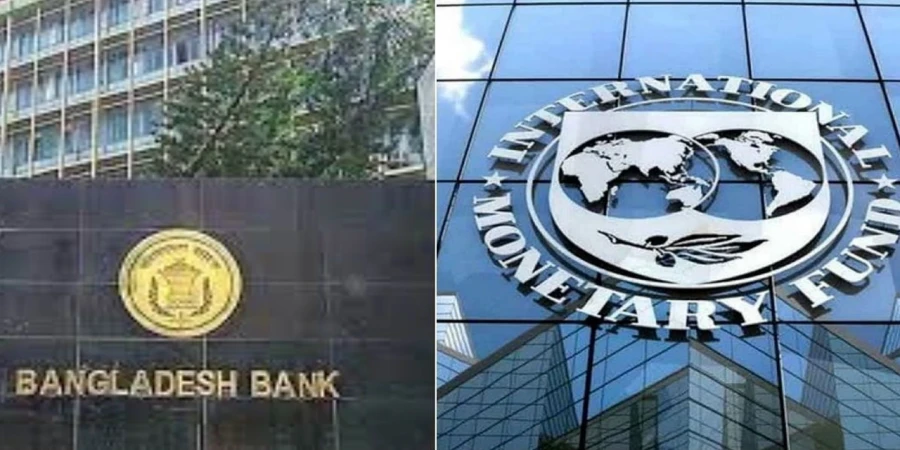
ছবি: Photo: Collected
The International Monetary Fund (IMF) has agreed to release two tranches of its $4.7 billion loan package to Bangladesh in June, marking a significant step forward after prolonged disagreements regarding the country’s currency exchange policy. According to Bangladesh Bank, the fourth and fifth installments—amounting to a combined $1.3 billion—will be disbursed, which is equivalent to approximately Tk 15,760 crore.
An official announcement regarding the decision is expected on Wednesday, May 14, during a press conference scheduled to be held at the headquarters of Bangladesh Bank. The central bank has confirmed that preparations for the announcement are underway.
Sources familiar with the matter have indicated that the breakthrough came following several rounds of negotiations led by Ahsan H. Mansur, a key figure in the discussions and a former IMF official. These meetings helped resolve the major sticking point between the IMF and the Bangladesh government: the flexibility of the foreign exchange rate.
Bangladesh Bank recently adopted a new exchange rate mechanism known as the "crawling peg," designed to allow more flexibility in the currency's valuation against the US dollar. Disagreements over this policy had been a major barrier to the disbursement of the IMF loan tranches, causing delays in the schedule.
The IMF initially approved the $4.7 billion loan in 2023, structured to be disbursed in seven installments through 2026. Bangladesh received the first three tranches—amounting to $2.31 billion—on time, with the most recent payment made in June 2024.
The fourth installment was originally scheduled for release in December 2024. However, due to delays in meeting IMF conditions, particularly concerning the foreign exchange regime and other economic reforms, the disbursement was withheld. It has now been confirmed that both the fourth and fifth installments will be released together in June 2025.
The agreement marks a turning point in Bangladesh’s engagement with the IMF, especially amid ongoing efforts to stabilize the country's economy. The central bank's willingness to adopt a more flexible exchange rate system is seen as a key reform aimed at restoring external balance and maintaining economic credibility with international partners.
The IMF’s financial support is expected to bolster Bangladesh’s foreign currency reserves and provide much-needed relief as the country continues to navigate inflationary pressures, fiscal constraints, and balance of payments challenges. The successful disbursement of the upcoming tranches is also anticipated to send a positive signal to global investors and development partners.
With this development, the government is hopeful that the remainder of the loan package will be delivered as planned, subject to continued compliance with IMF conditions and structural reforms.
repoter






